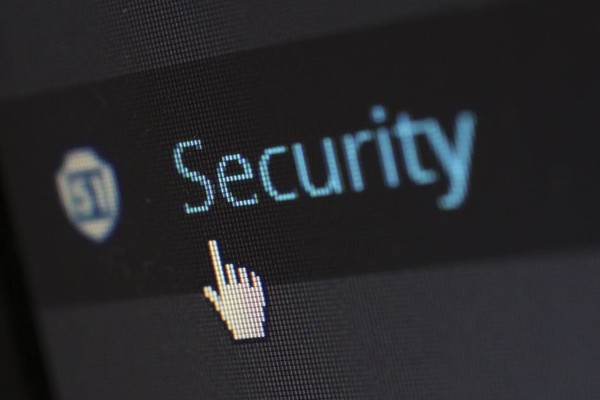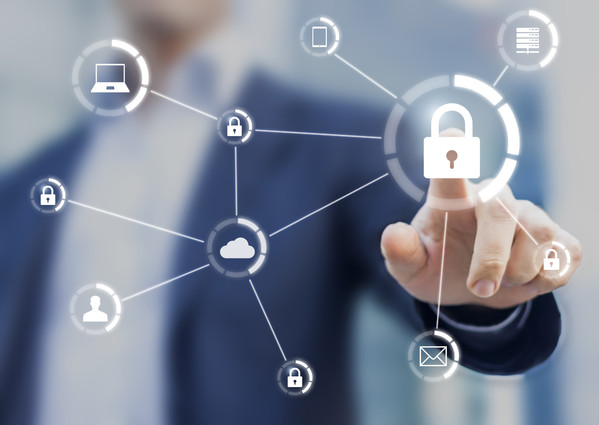A Business Checklist For Maintaining a Secure Network
Maintaining network security is crucial. Otherwise you run the risk of having a data breach occur at your business that can be particularly difficult...
Remote work is one of the hallmarks of our brave new world.
Just a year ago working from home was still something of a novelty. But now in 2021 remote work has become routine. It is estimated that by the end of the year 25-30% of the workforce will be working from home.
Of course remote work also comes with greater chances of cyber attacks. Maintaining secure data becomes more important than ever in a world of heightened cyber threats.
So here's a list of cyber security tips that will help you safely work from home.
It's understandable that you might want to use areas with public WiFi in order to work.
Whether it's a library or coffee shop these can be the right places to help you concentrate and get your work done. But public WiFi hotspots are not very secure. That means other people with access to the hotspot have a readily available means to access your data and hack your computer.
Using your phone for instance as a personal hotspot is often a good alternative. With good 4G and 5G services in most cities this is an excellent alternative.
Don't delay your software updates.
These updates usually upgrade your antivirus software repairing security flaws and countering the newest threats. As soon as your computer phone or tablet (whichever you use for work if not all three) requests an update go ahead and take the time to do it.
It's one of the easiest ways to keep ahead of evolving cyber security threats.
A VPN (virtual private network) is a means of securing and encrypting transmitted data. Your employer may have different names for this technology but its likely they have somethign in place. So make sure that it isn't turned off on whatever device you're using for work.
Also a VPN is another way to avoid the potential pitfalls of using a public WiFi network if you must use one.
IT services will always reiterate this one.
Password protection is one of the best ways to thwart cyber thieves. But this protection is only as good as the password's strength. A good password should be long more than ten characters with a combination of letters and numbers.
It should also avoid personal information—like names and birthdays.
Phishing is still a common method of cyber attack.
Using managed IT services helps to reduce safety threats but phishing email scams can still invade your inbox. So learn to recognize these scams and avoid any suspicious emails.
If you have a dedicated computer or laptop for work keep it that way. This is especially true if you have something like an employer-provided computer.
Meanwhile use your personal devices for personal affairs. In other words keep work and pleasure separate which is a good rule of thumb in general.
Whenever possible use two factor authentication for your personal and work accounts if your password is compromised this is another barrier for attackers to break through before they can access your accounts.
The work-at-home trend shows no signs of abating anytime soon.
And as more workers migrate to online workspaces cyber threats will only continue to grow. By using these easy cyber security tips you can keep your information safe and secure.
And be sure to contact us today to see how Alura Business Solutions can help secure your business against cyber attacks and data breaches.


Maintaining network security is crucial. Otherwise you run the risk of having a data breach occur at your business that can be particularly difficult...

Ransomware attacks and data breaches make headlines across the country. Even so just 35 percent of local government IT executives say they have a...

Cybersecurity experts predict that businesses will be spending upwards of $134 billion on data security by 2022.